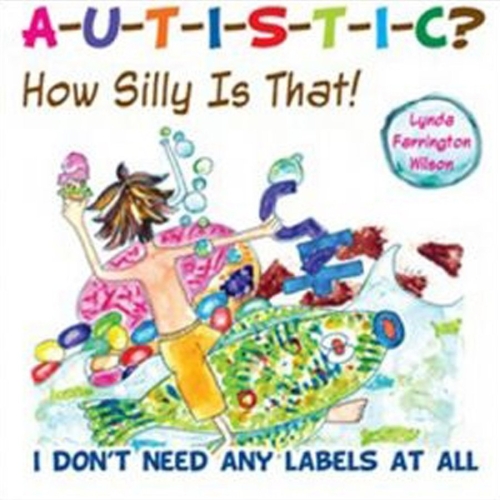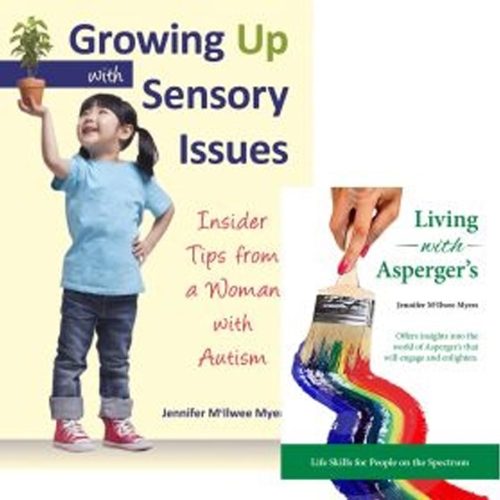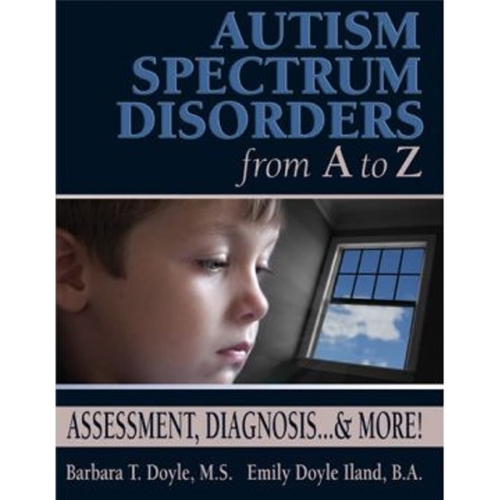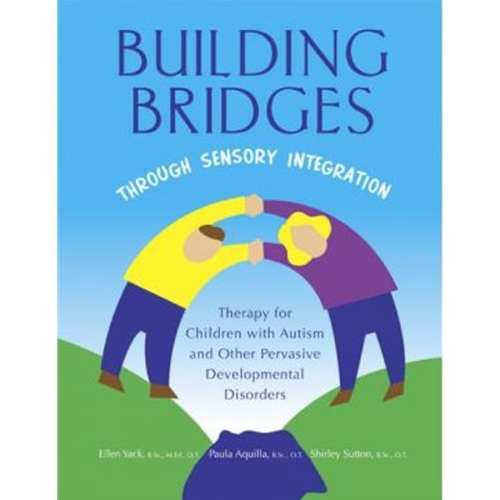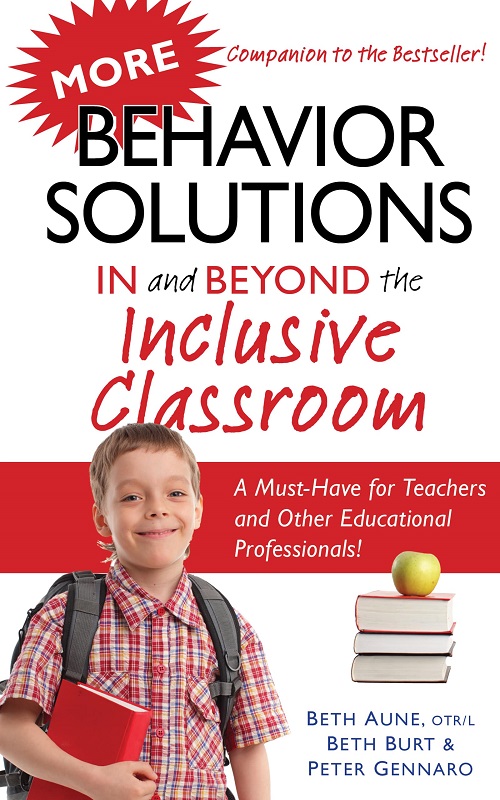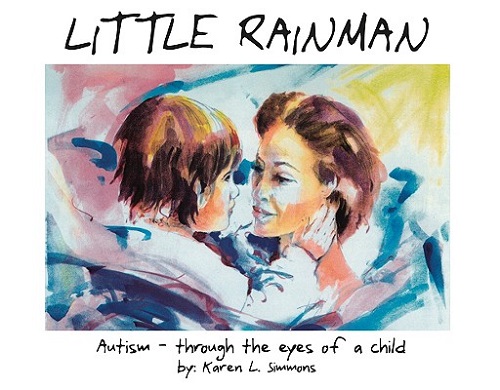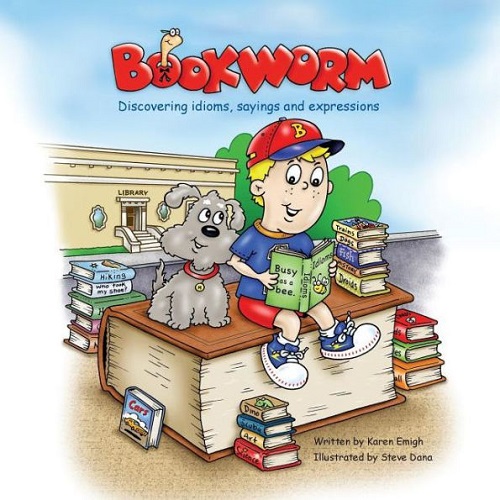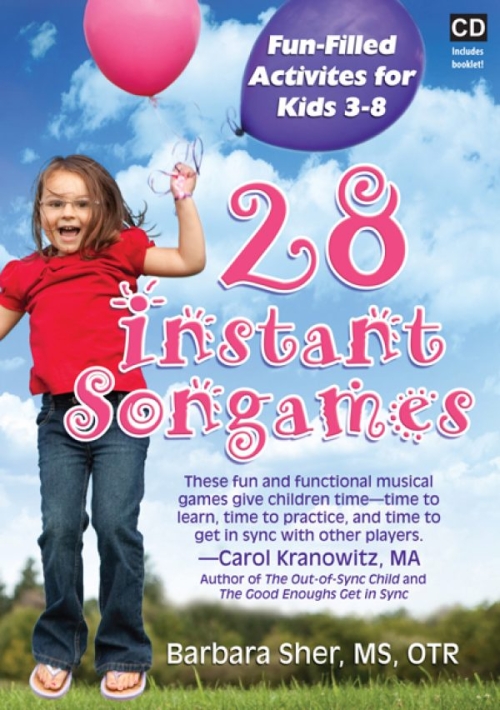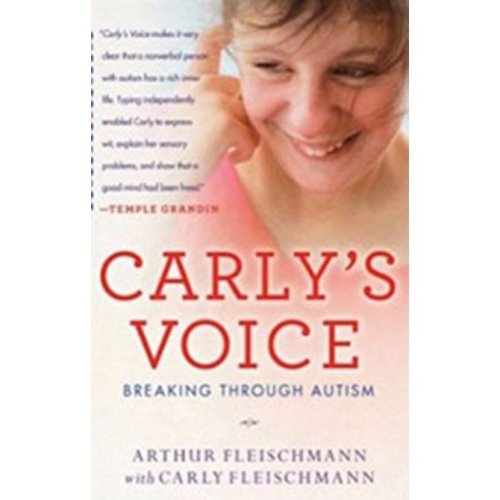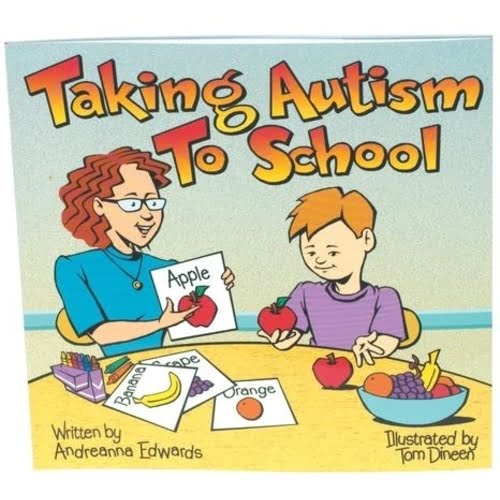Explains to children autism is just a part of their character.
-
 Winner of an iParenting Media Award, this picture book appeals to the visual strengths of students on the autism spectrum, with color photos of students demonstrating various social skills in the correct (and sometimes incorrect) way. The skills depicted are meant to be read, role-played, corrected when necessary, role-played some more and, finally, to be practiced by the student in real-life social situations. “Thought bubbles” show what people are thinking during these interactions (not always what you hoped!).
Winner of an iParenting Media Award, this picture book appeals to the visual strengths of students on the autism spectrum, with color photos of students demonstrating various social skills in the correct (and sometimes incorrect) way. The skills depicted are meant to be read, role-played, corrected when necessary, role-played some more and, finally, to be practiced by the student in real-life social situations. “Thought bubbles” show what people are thinking during these interactions (not always what you hoped!). -
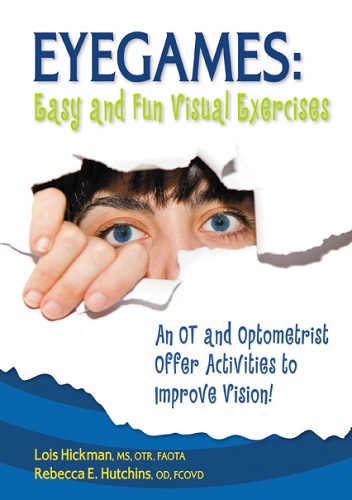 Developing healthy visual-motor abilities is more difficult in the complex stimulus of today’s world than ever before, especially for those with Autism Spectrum Disorder. Our visual experiences can be overwhelmed by the vast complexity of artificial colors and sounds which did not exist in our ancestors’ lives. Much more time is spent indoors, exposed to a myriad of unnatural colors, movement, and imagery.
Developing healthy visual-motor abilities is more difficult in the complex stimulus of today’s world than ever before, especially for those with Autism Spectrum Disorder. Our visual experiences can be overwhelmed by the vast complexity of artificial colors and sounds which did not exist in our ancestors’ lives. Much more time is spent indoors, exposed to a myriad of unnatural colors, movement, and imagery. -
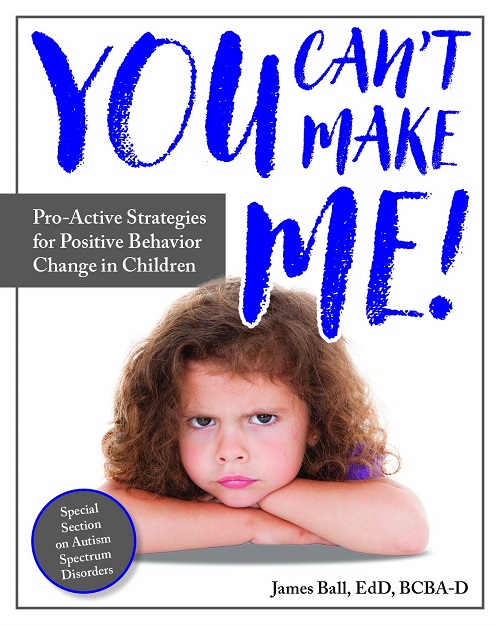 Behavior isn’t an isolated event. All behavior is communication, and when it comes to figuring out what your child is trying to say, Dr. Jim Ball has the answers. This book walks the reader through a variety of scenarios that will explore why a child may engage in a specific behavior, and help you build your “behavior-investigator” skills to develop a behavior plan that works.
Behavior isn’t an isolated event. All behavior is communication, and when it comes to figuring out what your child is trying to say, Dr. Jim Ball has the answers. This book walks the reader through a variety of scenarios that will explore why a child may engage in a specific behavior, and help you build your “behavior-investigator” skills to develop a behavior plan that works. -
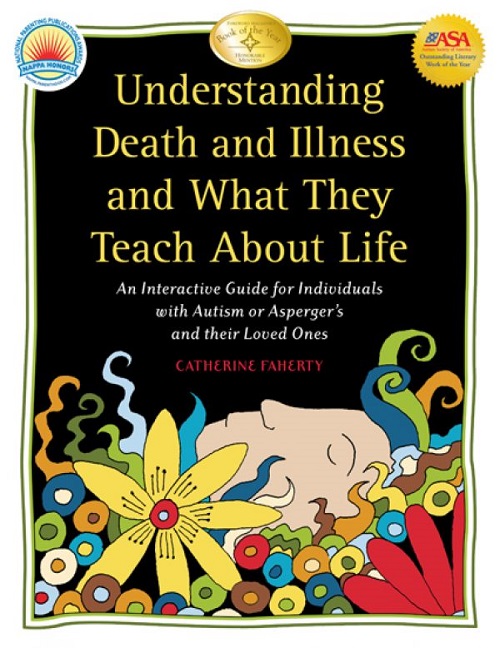 Death and illness affect every person. Witnessing the dying and death of a person or pet can leave you with many questions. In this book, author Catherine Faherty answers those questions in an autism-friendly, clear and precise way, geared for children, teens, and adults with autism. But this book is not just about death. It also demonstrates the interconnectedness of living and dying and offers simple, positive guidelines for living. Communication Forms to make it easier for the readers and their families, friends, teachers, therapists, or others to identify and respond to the unique needs of the reader.
Death and illness affect every person. Witnessing the dying and death of a person or pet can leave you with many questions. In this book, author Catherine Faherty answers those questions in an autism-friendly, clear and precise way, geared for children, teens, and adults with autism. But this book is not just about death. It also demonstrates the interconnectedness of living and dying and offers simple, positive guidelines for living. Communication Forms to make it easier for the readers and their families, friends, teachers, therapists, or others to identify and respond to the unique needs of the reader. -
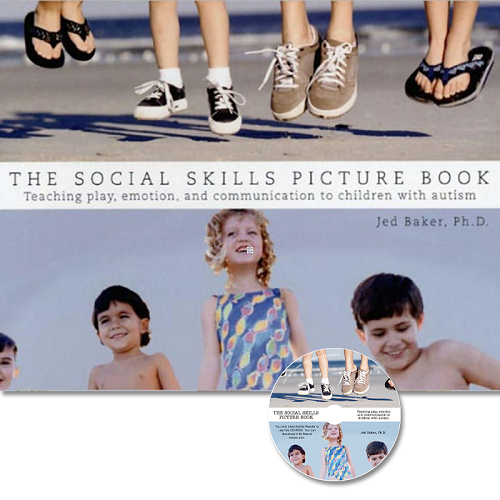 This book uses photographs of students engaging in a variety of real-life social situations. The realistic format plays to the visual strengths of children with ASD to teach appropriate social behaviors. Color photographs illustrate the “right way” and “wrong way” to approach each situation—and the positive/negative consequences of each. An adult then explains each situation, asking questions such as, “What is happening here?“ Children can role-play skills until they are confident enough to practice them in real life interactions.
This book uses photographs of students engaging in a variety of real-life social situations. The realistic format plays to the visual strengths of children with ASD to teach appropriate social behaviors. Color photographs illustrate the “right way” and “wrong way” to approach each situation—and the positive/negative consequences of each. An adult then explains each situation, asking questions such as, “What is happening here?“ Children can role-play skills until they are confident enough to practice them in real life interactions. -
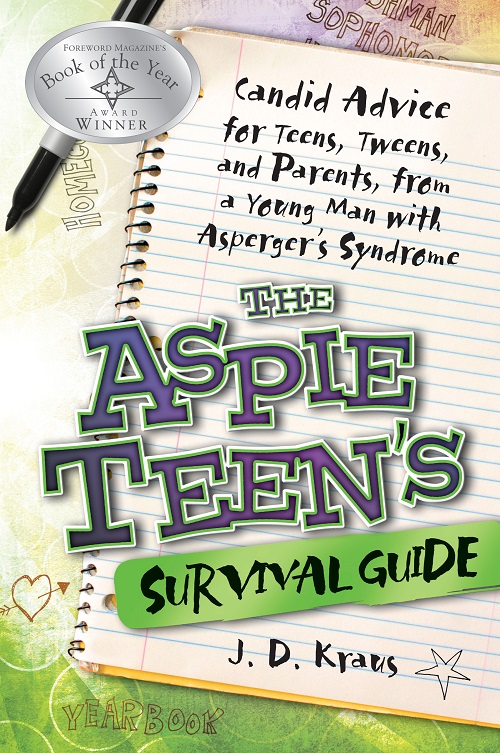 The teenage years are a time when being social is the #1 priority for kids. But for kids with Asperger’s, who have acute social challenges, these years can be the most difficult, confusing time in their lives. Enter J. D. Kraus, a young man who has been there, done that! He offers practical advice to his peers so they can get the most out of middle school and high school, both academically and socially. From sensory sensitivity to awkwardness, dating to driving, he tackles it all!
The teenage years are a time when being social is the #1 priority for kids. But for kids with Asperger’s, who have acute social challenges, these years can be the most difficult, confusing time in their lives. Enter J. D. Kraus, a young man who has been there, done that! He offers practical advice to his peers so they can get the most out of middle school and high school, both academically and socially. From sensory sensitivity to awkwardness, dating to driving, he tackles it all! -
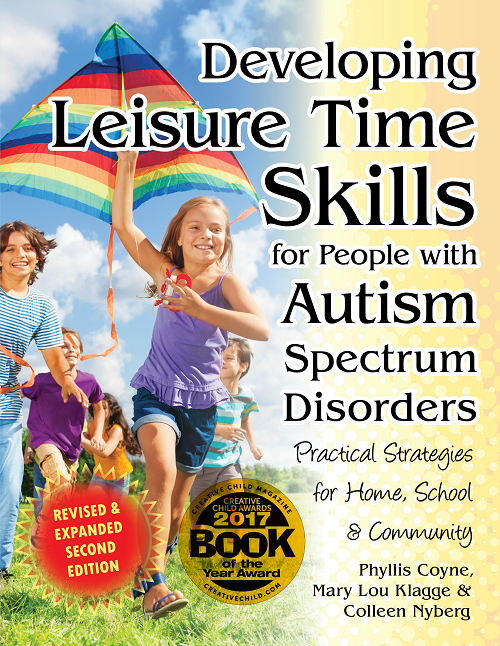 Make leisure time fun for all children and adults with autism spectrum disorders! Leisure time should be a part of the day that all look forward to enjoying, but for many it can cause anxiety and fear. This book provides comprehensive, structured strategies to introducing meaningful leisure time to ASD children and adults, which they can practice at home, school, and in the community.
Make leisure time fun for all children and adults with autism spectrum disorders! Leisure time should be a part of the day that all look forward to enjoying, but for many it can cause anxiety and fear. This book provides comprehensive, structured strategies to introducing meaningful leisure time to ASD children and adults, which they can practice at home, school, and in the community. -
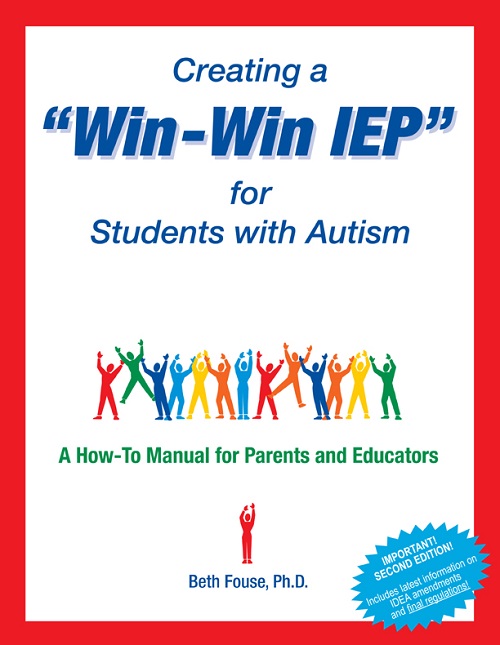 This book is a must-read for every parent or educator who participates in the IEP process. Dr. Fouse takes readers through the entire range of a “child-centered” educational process, from the initial stages of identification and diagnosis to full implementation and monitoring of the individualized education program.
This book is a must-read for every parent or educator who participates in the IEP process. Dr. Fouse takes readers through the entire range of a “child-centered” educational process, from the initial stages of identification and diagnosis to full implementation and monitoring of the individualized education program. -
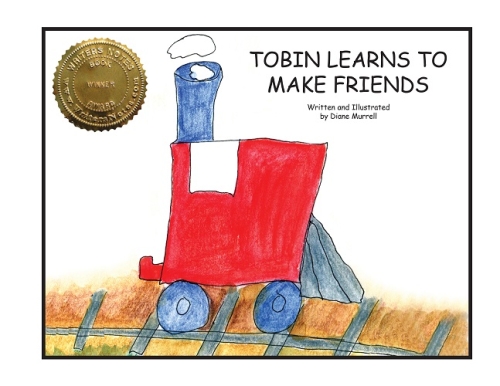 Join Tobin as he learns how to be a good friend! Tobin is a lonely red engine who cannot seem to make friends. But with the help of his buddies, he discovers that there are little things he can do to be nicer to those around him. Tobin soon finds that he is surrounded by friends who truly enjoy working and playing with him. Parents and teachers can use this book to teach friendship skills to children who find social interactions challenging.
Join Tobin as he learns how to be a good friend! Tobin is a lonely red engine who cannot seem to make friends. But with the help of his buddies, he discovers that there are little things he can do to be nicer to those around him. Tobin soon finds that he is surrounded by friends who truly enjoy working and playing with him. Parents and teachers can use this book to teach friendship skills to children who find social interactions challenging. -
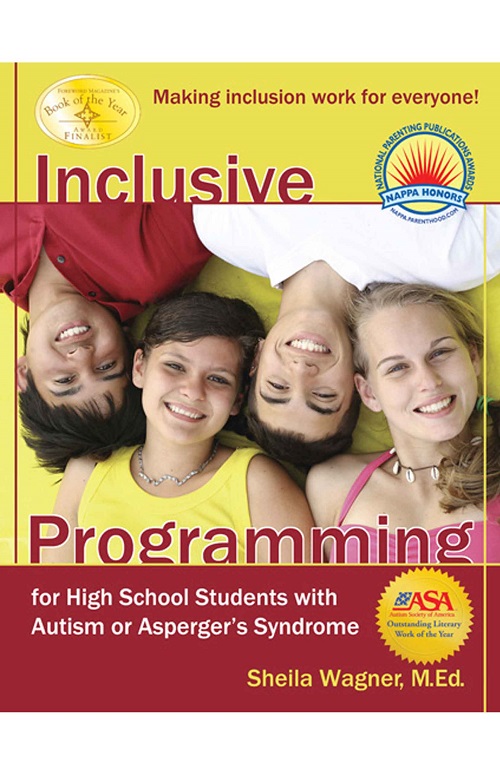 Even though inclusive education is now the standard for educating students with special needs, inclusion is a still a very new process. Successful inclusion relies on flexibility of parents and educators, and their ability to work together for the sake of the student. Training, collaboration, specialized teaching, long-term planning, and a clear idea of the desired outcome for the student—these are just as important at the high school level as they were in elementary and middle school.
Even though inclusive education is now the standard for educating students with special needs, inclusion is a still a very new process. Successful inclusion relies on flexibility of parents and educators, and their ability to work together for the sake of the student. Training, collaboration, specialized teaching, long-term planning, and a clear idea of the desired outcome for the student—these are just as important at the high school level as they were in elementary and middle school. -
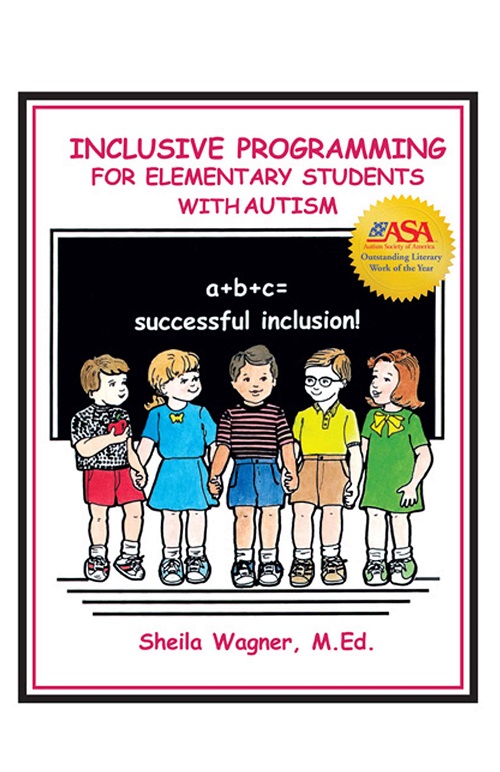 Winner of the Autism Society of America’s Literary Work of the Year Award, this first book in Sheila Wagner’s Inclusive Programming series provides an inclusion program for students with autism spectrum disorders. Teachers, parents, and students alike will benefit from Sheila’s insight and presentation as she outlines both theories and applications of inclusive programming for elementary school students.
Winner of the Autism Society of America’s Literary Work of the Year Award, this first book in Sheila Wagner’s Inclusive Programming series provides an inclusion program for students with autism spectrum disorders. Teachers, parents, and students alike will benefit from Sheila’s insight and presentation as she outlines both theories and applications of inclusive programming for elementary school students. -
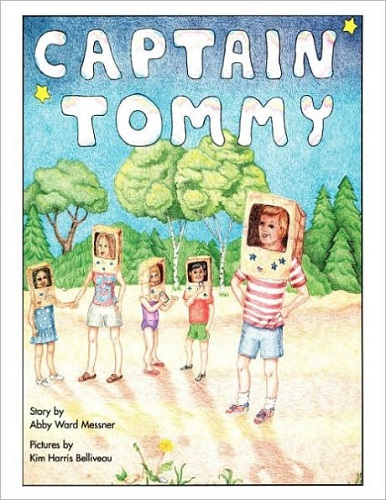 More than a delightful story, Captain Tommy teaches understanding and kindness. Tommy goes to “”space camp”” and meets John, a boy who seems “”spaced out”” and different from other children. The camp counselor makes Tommy the captain of the spaceship, and gives him the job of getting John to interact with the other space-kids.
More than a delightful story, Captain Tommy teaches understanding and kindness. Tommy goes to “”space camp”” and meets John, a boy who seems “”spaced out”” and different from other children. The camp counselor makes Tommy the captain of the spaceship, and gives him the job of getting John to interact with the other space-kids. -
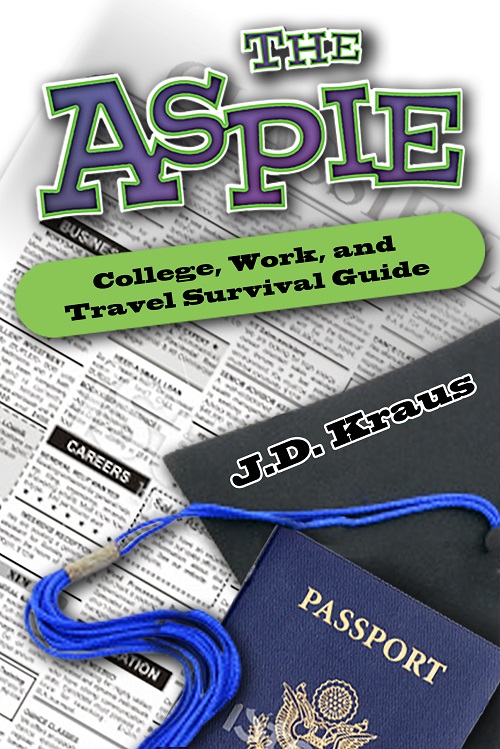 The main objective of this book is to assist young individuals with Asperger’s and Autism to overcome the big leap from high school to life outside of public education. The time right after high school can be a very frightening experience. What a person decides from this point on ultimately affects the rest of his or her life.
The main objective of this book is to assist young individuals with Asperger’s and Autism to overcome the big leap from high school to life outside of public education. The time right after high school can be a very frightening experience. What a person decides from this point on ultimately affects the rest of his or her life.

